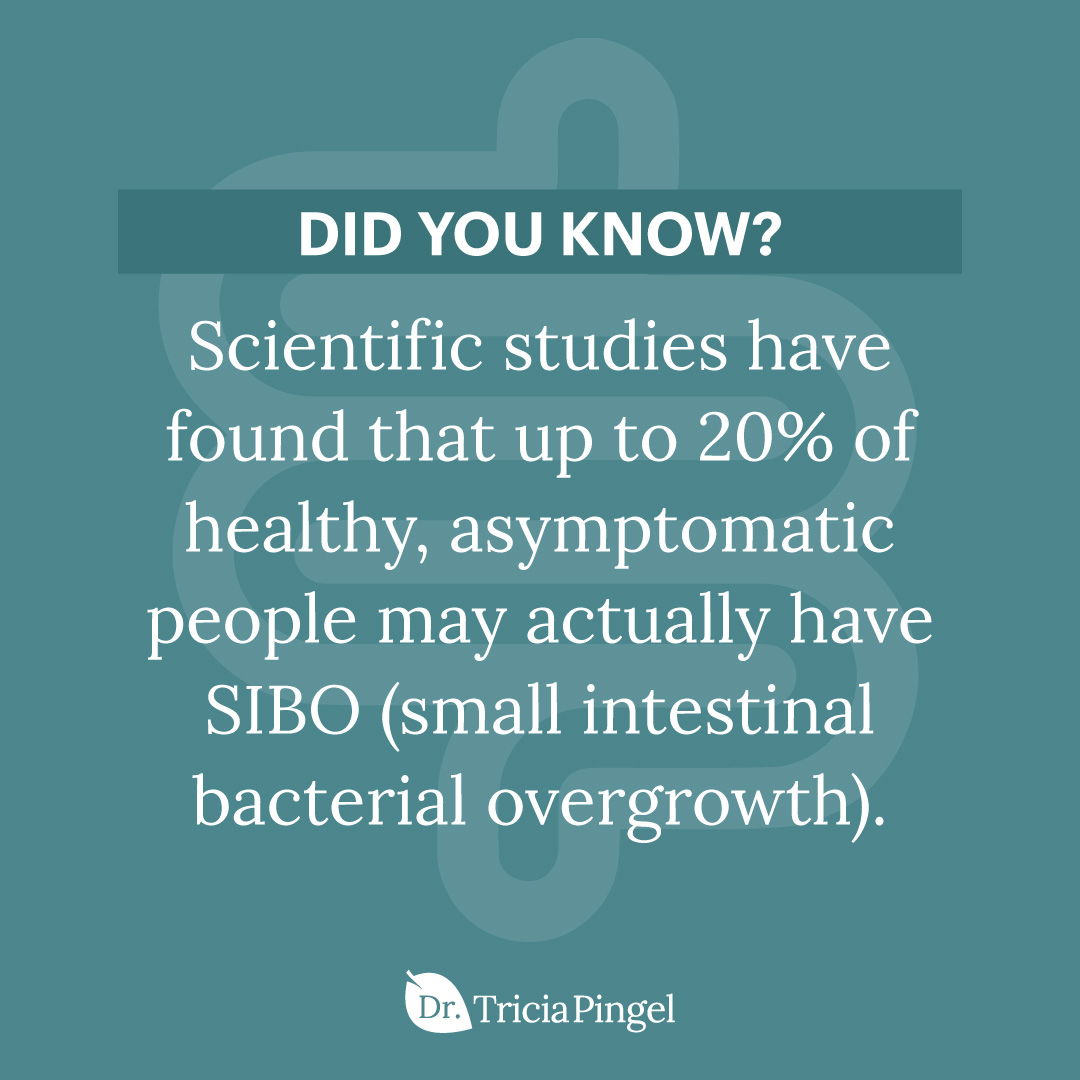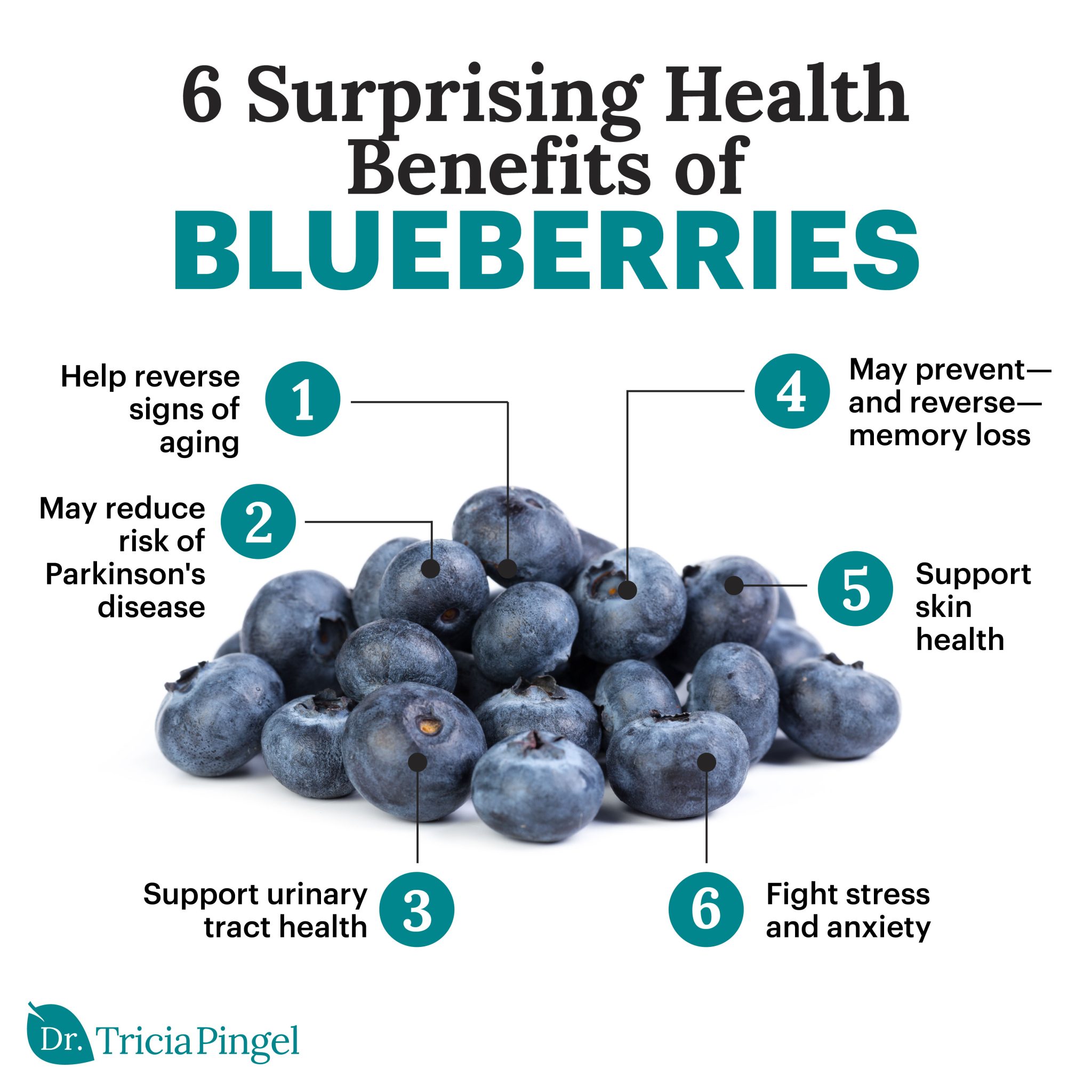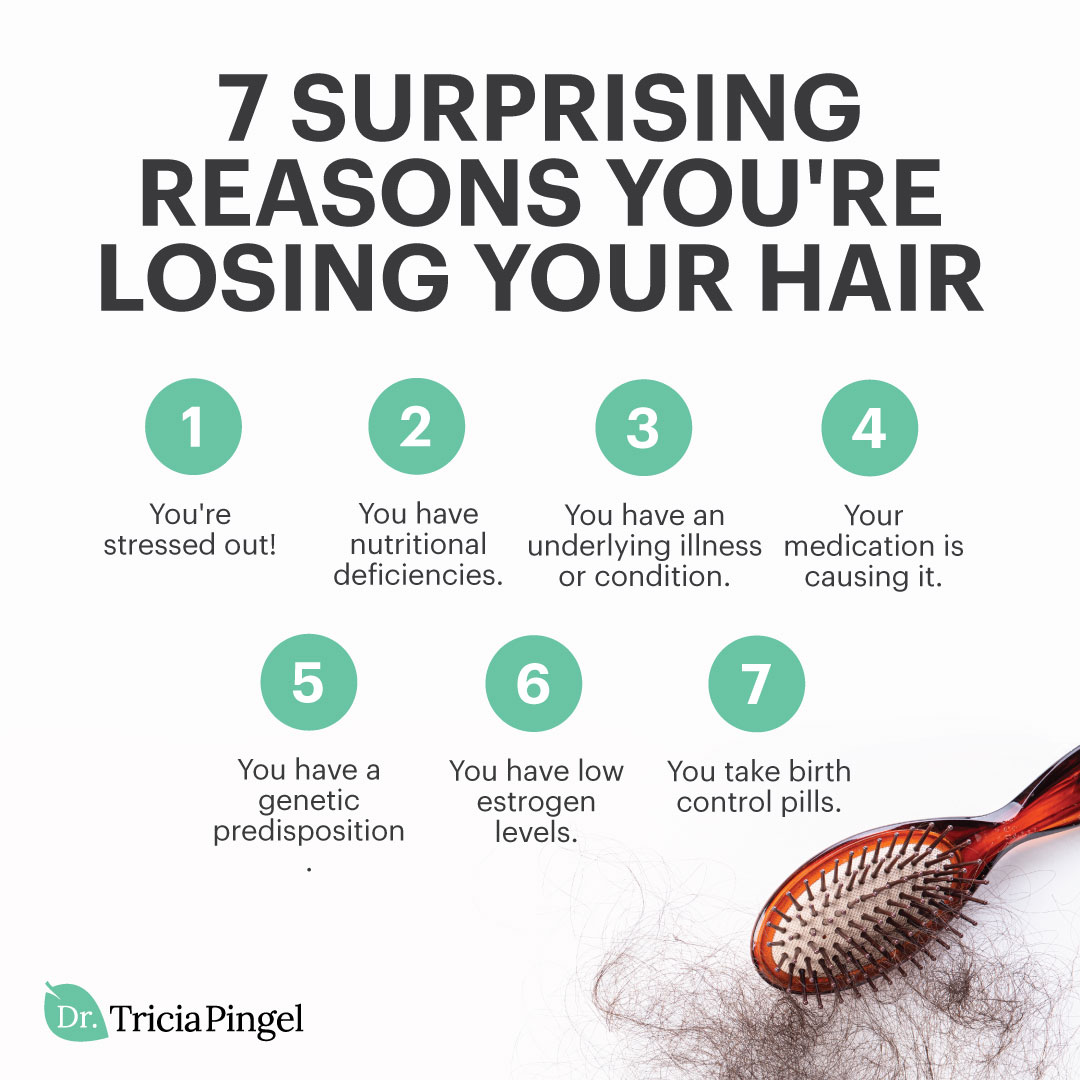Stress and Weight Gain: The Unabashed Truth About This Shocking Link!
Today we’re going to talk about a topic that I’m commonly asked about but have yet to really address: stress and weight gain.
If you’re like most people, when you think of weight gain, two factors probably immediately jump to mind—eating a poor, innutritious, calorie-rich diet or simply lacking exercise. And that’s fair because research (and common sense) has shown that both of these factors are major components of the weight gain equation.
But the truth is that we’re missing a major component there—and that’s how stress not only hinders your ability to lose weight but actually promotes weight gain!
It’s not something you regularly hear about, but it’s backed by years of scientific research, and it’s something I’ve seen as a physician over and over again.
In fact, it’s one of the major reasons so many of the people who’ve completed my program (which targets supporting your body’s stress management) have lost a significant amount of weight!
So, let’s lift the veil and really break down the relationship between stress and weight gain, including how they’re linked, why stress impacts your weight, and what you can do about it!
The Undeniable Link Between Stress and Weight Gain
In order to understand the link between stress and weight gain, we must first look at the data and what’s been happening in the last few decades.
It’s no secret that obesity and weight gain are now common issues in the U.S. But I have a shocking truth to reveal. According to a CDC report published in 2018, 71.6 percent of all American adults aged 20 and over are either overweight or obese. [1]
If that seems like an extraordinarily high number, that’s because it is! And, according to trends, that number will only get higher if we don’t do something about it. If you look back to recent history, from 1988 to 1994, 58.4 percent of American adults were considered overweight or obese. [2]
That means that in a span of 26 years, our rates of obesity and unhealthy weight gain have risen by approximately 13 percent. At that rate, within the next 25 years, we could see that number climb to almost 85 percent!
Now, it would be easily to simply blame consumption of processed foods and the ease and availability of fast foods as the major culprit. And, once again, you wouldn’t necessarily be wrong. And the same holds true for lack of exercise and regular movement.
But in simply looking to those two elements, we’re missing the big picture. What has caused us to just turn to consuming these unhealthy foods and turn away from healthy movement that we know makes us feel good? Stress!
Our Rising Rates of Stress
In today’s society, stress has simply taken over. I’ve mentioned before that with our incredibly busy lives, we’ve become accustomed to a state of chronic stress. In fact, you’re likely so used to it by now that you don’t even realize you’re under stress until it simply becomes too much to bear.
How stressed are we? Well, let’s take a quick look at some of the facts again: [3]
- 77 percent of Americans regularly experience physical symptoms due to stress.
- 63 percent of American workers are ready to quit their jobs due to stress.
- 57 percent of Americans who regularly feel stressed say they’re paralyzed by stress.
- 50 percent of Americans regularly lie awake at night due to stress.
This is happening because our bodies weren’t built to handle constant stress over long periods of time. And, as a result, we’re seeing the physical effects.
We’ve talked about how stress is linked to:
- Cardiovascular disease
- Diabetes
- Thyroid disease
- Insomnia
- Hormonal imbalances
We’ve even recently discussed how scientists are discovering a link between chronic stress and increased risk of mortality from COVID-19! So, is it really any wonder why stress and weight gain are linked as well?
As you may recall, your adrenal glands function as your body’s “control center,” and are designed to help manage the physical effects of stress. The problem is that they are only supposed to handle short-term bouts of stress and relax once the stressor has been eliminated.
But when you’re dealing with constant stressors, such as your relationships, job demands, finances, etc., your adrenal glands go into overdrive to try to help your body adapt so that it can keep functioning.
Inevitably, they can no longer keep up and become fatigued. And that, my friend, is when you begin to see the physical effects of chronic stress and the resulting adrenal fatigue.
At this point, cortisol (“the stress hormone”) is high due to the constant stimulation of your adrenal glands. In fact, a 2017 meta-analysis revealed that perceived chronic stress is associated with a 22 percent increase in cortisol concentration tested via patients’ hair. [4]
Now, when cortisol is high, your insulin levels can also increase, which causes low blood sugar and an onslaught of cravings for the high-calorie, sugar-filled foods known to cause weight gain.
Conversely, over time, this increased insulin can develop into the opposite situation: insulin-resistant diabetes. And, as you may know, diabetes increases your risk of weight gain as well! You simply cannot win with chronic stress!
Stress and Weight Gain: A Look at the Data
So, at this point, we understand how stress causes weight gain. But just how big of a factor is it? The data will surprise you ….
According to a 2015 study, higher levels of stress can cause you to gain an extra 11 pounds per year! [5] Think about that for a minute. No dietary changes. No exercise changes. Just one factor—heightened stress—can make you 11 pounds heavier.

Moreover, several studies have shown that psychological stress, specifically, is linked to a type of much-dreaded belly fat known as visceral fat. [6, 7]
This fat is more dangerous than the subcutaneous fat that appears just under the skin because it’s stored within your abdominal cavity and can collect around your organs and cause dangerous inflammation.
Additionally, further studies have revealed that increased sympathetic activity may occur in people before they become overweight or obese! In fact, studies have shown that elevated heart rate associated with stress and anxiety were directly related to becoming overweight or obese in hypertensive patients. [8]
And other studies have revealed that males who weren’t obese but had elevated levels of norepinephrine in their blood gained more weight over five years than those whose levels weren’t elevated. [9]
This is important because norepinephrine is a hormone released by your adrenal glands in response to stress. Along with other hormones, it’s responsible for increasing your heart rate, blood pressure, and blood sugar levels to provide your body with the energy it needs to respond to the stressor.
So, as you can see, it’s easy to see the clear link between stress and weight gain. But the real question here lies in what you can do about it. After all, with our modern lives, it’s not really feasible to simply just cut back on stress, right?
Keep reading for ways you can help mitigate the relationship between stress and weight gain.
4 Steps to Fighting the Stress and Weight Gain Connection
If you’re looking to decrease the impact of stress on your weight, the best place to start is by following a protocol designed to support your body’s stress response and combat adrenal fatigue. Here are the four steps I recommend to get started and help set up your body for health.
1. Eat a whole-foods plant-based diet.
Supporting your body’s stress response to minimize the impact of stress and weight gain begins with addressing your nutrition. The best way to do that is by eating a well-rounded, plant-based diet full of nutrients to support your adrenal glands.
Studies have shown that eating a nutrient-rich diet supports your body’s ability to adapt to stress and even helps to minimize the effects of stress. [10]
For the most impact, these whole foods should make up at least 75 percent of your plate. They should include plenty of vegetables, fruits, healthy fats, gluten-free grains, and lean proteins. For a more complete list, along with which foods you should avoid for optimal adrenal health, click here.
2. Take adrenal-supporting herbs and supplements.
Here are some of the top herbs and supplements to include in your regimen if you’re looking to mitigate the link between stress and weight gain:
- L-Theanine, which has been shown to help with sleep, mood, and anxiety. [11]
- Phosphatidylserine,which is known to help people feel less stressed and experienced improved moods. [12]
- Lavender,which has been shown to reduce nervousness, anxiety, and more. [13, 14, 15]
- Passiflora, which is known to reduce anxiety, decrease pain, improve nervousness, reduce palpitations due to anxiety, and more. [16, 17, 18]
For more top herbs and supplements that support adrenal health and the body’s stress response, click here.
3. Incorporate calming exercises.
Some of the top exercises known to decrease stress include:
- Running
- Bicycling
- Dancing
- Boot camps and HIIT
- Endurance walking
- Interval walking
- Mindful walking
- Tai chi
- Yoga
4. Be mindful of the mind-body connection.
Because psychological stress is such a huge factor in physiological stress, it’s absolutely critical to be mindful of how your state of mind and emotions impact your physical health.
Practicing stress-relieving techniques such as meditating and journaling can go a long way in relieving some of the psychological stress you face. In fact, numerous studies have shown that journaling is an effect tool for stress management. [19]
You can also practice saying positive affirmations or making lists of the positive things in your life.
As you can see, there are many ways you can lessen the impact of the stress and weight gain connection. If you’re looking for more details on how to get started, you can check out the Total Health Turnaround Program, which provides a 30-day plan, recipes, and more—all of which are designed to take out the guesswork!
Key Takeaways
- If you’re like most people, when you think of weight gain, two factors probably immediately jump to mind—eating a poor, innutritious, calorie-rich diet or simply lacking exercise. But the truth is that stress and weight gain are closely related.
- When cortisol, "the stress hormone," high, your insulin levels can also increase, which causes low blood sugar and an onslaught of cravings for the high-calorie, sugar-filled foods known to cause weight gain. In fact, according to a 2015 study, higher levels of stress can cause you to gain an extra 11 pounds per year!
- Luckily, you can help counteract the link between stress and weight gain by supporting your body's stress response by eating a highly nutritious diet, consuming adrenal-supporting herbs,




